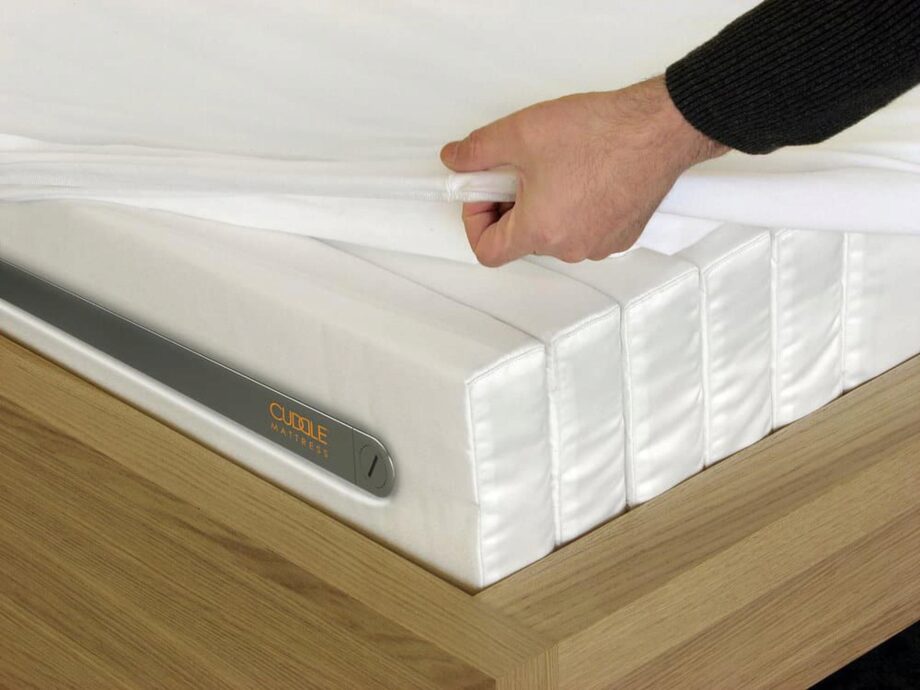If you're experiencing a lack of hot water in your kitchen sink, the first thing you should check is your water heater. This appliance is responsible for heating the water that flows through your home's pipes and into your faucets. If the water heater is not functioning properly, it could be the cause of your hot water woes. Start by checking the temperature setting on your water heater. Make sure it is set to the appropriate temperature for your needs, typically between 120-140 degrees Fahrenheit. If the temperature is too low, your water may not be getting hot enough. If it's set too high, it could be causing scalding hot water in other areas of your home. If the temperature setting is not the issue, you may need to check the pilot light or heating element. If they are not working properly, it could be affecting the water temperature. In this case, it's best to call a professional plumber for assistance.1. Check the water heater
If your water heater seems to be functioning properly, the next step is to check the water supply to your kitchen sink. If there is a lack of hot water, it could be due to a blockage or issue with the water supply pipes. This can happen if there is a buildup of sediment or if the pipes are old and corroded. One way to check for a blockage is to turn off the hot water valve under your sink and then turn it back on. If the water starts flowing again, it was likely just a temporary blockage. However, if the problem persists, it's best to call a plumber to inspect and potentially replace your water supply pipes.2. Check the water supply
Another possible cause of no hot water in your kitchen sink could be a faulty faucet. Over time, the internal components of a faucet can wear out or become clogged, affecting the flow and temperature of the water. If you notice a decrease in hot water or no hot water at all, it's worth checking your faucet. Start by cleaning the aerator, which is the small screen at the end of your faucet. This can become clogged with debris and affect the water flow. If this doesn't solve the problem, you may need to replace the faucet entirely. Consult a professional plumber for assistance with this task.3. Check the faucet
If you have an older home, it's possible that the pipes leading to your kitchen sink have become old and corroded, affecting the water flow and temperature. This can also happen if your home has hard water, which can cause a buildup of mineral deposits in the pipes. Inspect the pipes under your sink for any signs of damage or corrosion. If you notice any issues, it's best to call a plumber to replace the pipes. They can also install a water softener system to prevent future buildup and protect your pipes.4. Check the pipes
It's possible that the shut-off valve for your hot water has accidentally been turned off, resulting in no hot water in your kitchen sink. This can happen if someone was doing work on your plumbing or if you recently had a water outage. The shut-off valve is typically located near your water heater or under your kitchen sink. Make sure it is fully open to allow hot water to flow to your kitchen sink. If it was turned off, simply turn it back on and check if the hot water has returned.5. Check the shut-off valve
The aerator on your kitchen sink faucet can also affect the flow and temperature of the water. If it is clogged or damaged, it can cause a decrease in hot water flow. This is an easy fix that you can do yourself. Remove the aerator from your faucet and clean it thoroughly with a brush and vinegar to remove any buildup. If it is damaged, you can easily replace it with a new one from a hardware store. This should help improve the hot water flow in your kitchen sink.6. Check the aerator
If you have a separate hot water valve for your kitchen sink, it's possible that it has become clogged or damaged, affecting the hot water flow. This can happen if debris or mineral deposits build up in the valve over time. Inspect the hot water valve and clean it if necessary. If it is damaged, you may need to replace it. This is a job best left to a professional plumber to ensure it is done correctly.7. Check the hot water valve
If you have a newer faucet with a temperature control handle, it's important to check the setting to make sure it is not turned too far to the cold side. This can happen if someone accidentally bumped or adjusted the handle, resulting in a decrease in hot water flow. Adjust the handle to the appropriate temperature and check if the hot water has returned. If the handle is broken or not functioning properly, you may need to replace the faucet or call a plumber for assistance.8. Check the temperature setting
If you notice a decrease in hot water flow in your kitchen sink, it's important to check for any leaks. Even a small leak can affect the water pressure and temperature, resulting in a lack of hot water. Leaks can also cause damage to your home if left untreated. Inspect the pipes and connections under your sink for any signs of leaks, such as dripping water or water stains. If you notice a leak, call a plumber to repair it and prevent any further damage to your home.9. Check for any leaks
If you've tried all of the above steps and still have no hot water in your kitchen sink, it's best to call a professional plumber for assistance. They have the knowledge and expertise to diagnose and repair any plumbing issues, ensuring your hot water is restored quickly and efficiently. It's important to address any hot water issues in your kitchen sink as soon as possible to avoid further inconvenience and potential damage to your home. With the help of a plumber, you can enjoy hot water in your kitchen again in no time.10. Call a plumber
The Importance of Hot Water on Your Kitchen Sink

Understanding the Design and Functionality of Your Kitchen
 When it comes to designing your dream kitchen, it's important to consider all the elements that make it functional and efficient. One of the key components in any kitchen is the sink, and having access to hot water is essential for various tasks, from washing dishes to cooking and preparing food. So, what do you do when there's no hot water on your kitchen sink?
First and foremost, it's crucial to understand the design and functionality of your kitchen sink.
Most modern homes have a single kitchen sink with a faucet that has both hot and cold water settings. This is typically connected to a hot water tank, which stores and heats the water for your home. However, in some cases, the hot water supply to your kitchen sink may not be functioning properly, leaving you with only cold water.
When it comes to designing your dream kitchen, it's important to consider all the elements that make it functional and efficient. One of the key components in any kitchen is the sink, and having access to hot water is essential for various tasks, from washing dishes to cooking and preparing food. So, what do you do when there's no hot water on your kitchen sink?
First and foremost, it's crucial to understand the design and functionality of your kitchen sink.
Most modern homes have a single kitchen sink with a faucet that has both hot and cold water settings. This is typically connected to a hot water tank, which stores and heats the water for your home. However, in some cases, the hot water supply to your kitchen sink may not be functioning properly, leaving you with only cold water.
Causes of No Hot Water on Kitchen Sink
 There are several reasons why you may be experiencing a lack of hot water on your kitchen sink. The most common cause is a malfunctioning hot water tank. This can happen due to a variety of reasons, such as a faulty heating element, a tripped circuit breaker, or a broken thermostat. Another possible cause is a clogged or damaged hot water pipe that leads to your kitchen sink.
It's important to address these issues promptly as having no hot water on your kitchen sink can significantly impact your daily routine and household tasks.
Washing dishes with cold water can be ineffective, and cooking with cold water may affect the taste and texture of your food. Plus, it's simply not enjoyable to wash your hands or face with cold water.
There are several reasons why you may be experiencing a lack of hot water on your kitchen sink. The most common cause is a malfunctioning hot water tank. This can happen due to a variety of reasons, such as a faulty heating element, a tripped circuit breaker, or a broken thermostat. Another possible cause is a clogged or damaged hot water pipe that leads to your kitchen sink.
It's important to address these issues promptly as having no hot water on your kitchen sink can significantly impact your daily routine and household tasks.
Washing dishes with cold water can be ineffective, and cooking with cold water may affect the taste and texture of your food. Plus, it's simply not enjoyable to wash your hands or face with cold water.
Solving the Problem
 If you're experiencing no hot water on your kitchen sink, the first step is to check your hot water tank and ensure it's functioning properly. If the issue is with the tank, you may need to call a professional to repair or replace it. If the problem is with the hot water pipe, it's best to call a plumber to fix or replace it.
Another option is to consider installing a separate hot water dispenser on your kitchen sink.
This can be a convenient and cost-effective solution, as it only heats the water you need and eliminates the need for a hot water tank in your kitchen.
If you're experiencing no hot water on your kitchen sink, the first step is to check your hot water tank and ensure it's functioning properly. If the issue is with the tank, you may need to call a professional to repair or replace it. If the problem is with the hot water pipe, it's best to call a plumber to fix or replace it.
Another option is to consider installing a separate hot water dispenser on your kitchen sink.
This can be a convenient and cost-effective solution, as it only heats the water you need and eliminates the need for a hot water tank in your kitchen.
In Conclusion
 Having no hot water on your kitchen sink can be frustrating and inconvenient, but it's a problem that can be easily solved with the right knowledge and resources. Understanding the design and functionality of your kitchen sink, identifying the cause of the issue, and taking prompt action can ensure you have access to hot water in your kitchen at all times. So, if you're facing this problem, don't hesitate to seek professional help and explore different solutions to get your kitchen sink functioning properly again.
Having no hot water on your kitchen sink can be frustrating and inconvenient, but it's a problem that can be easily solved with the right knowledge and resources. Understanding the design and functionality of your kitchen sink, identifying the cause of the issue, and taking prompt action can ensure you have access to hot water in your kitchen at all times. So, if you're facing this problem, don't hesitate to seek professional help and explore different solutions to get your kitchen sink functioning properly again.
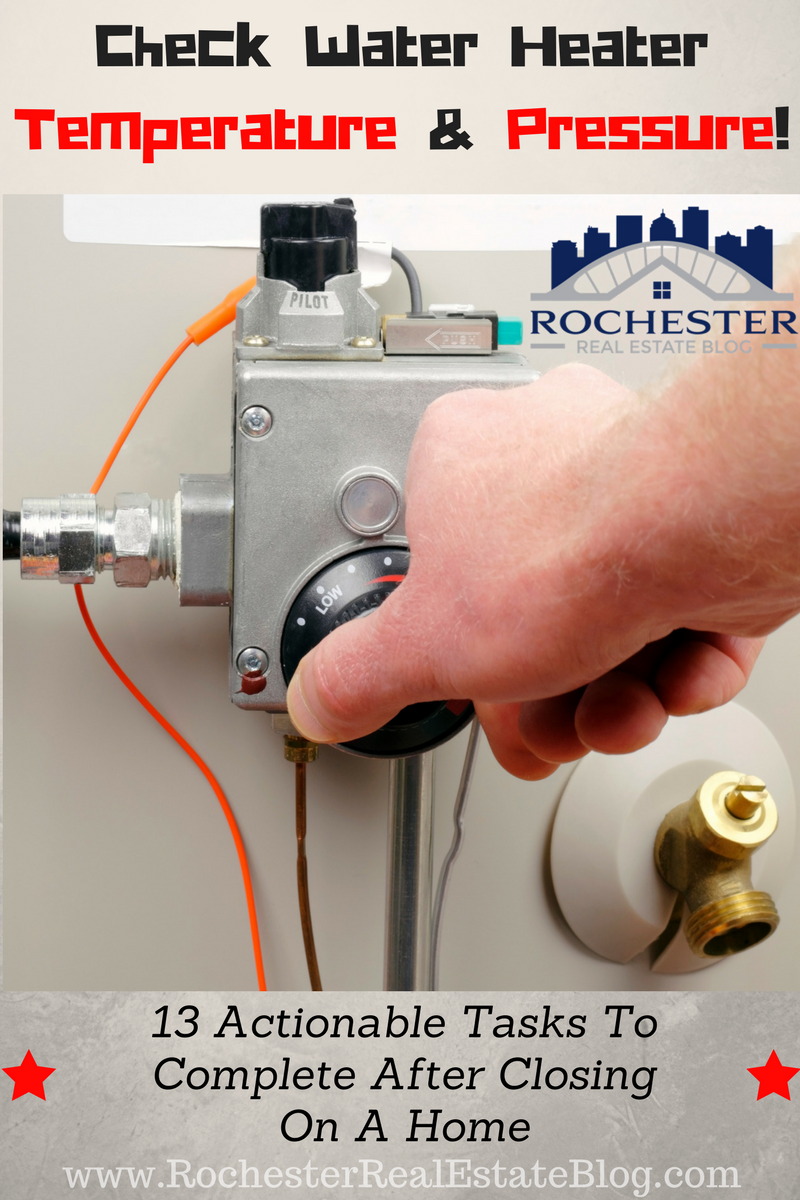
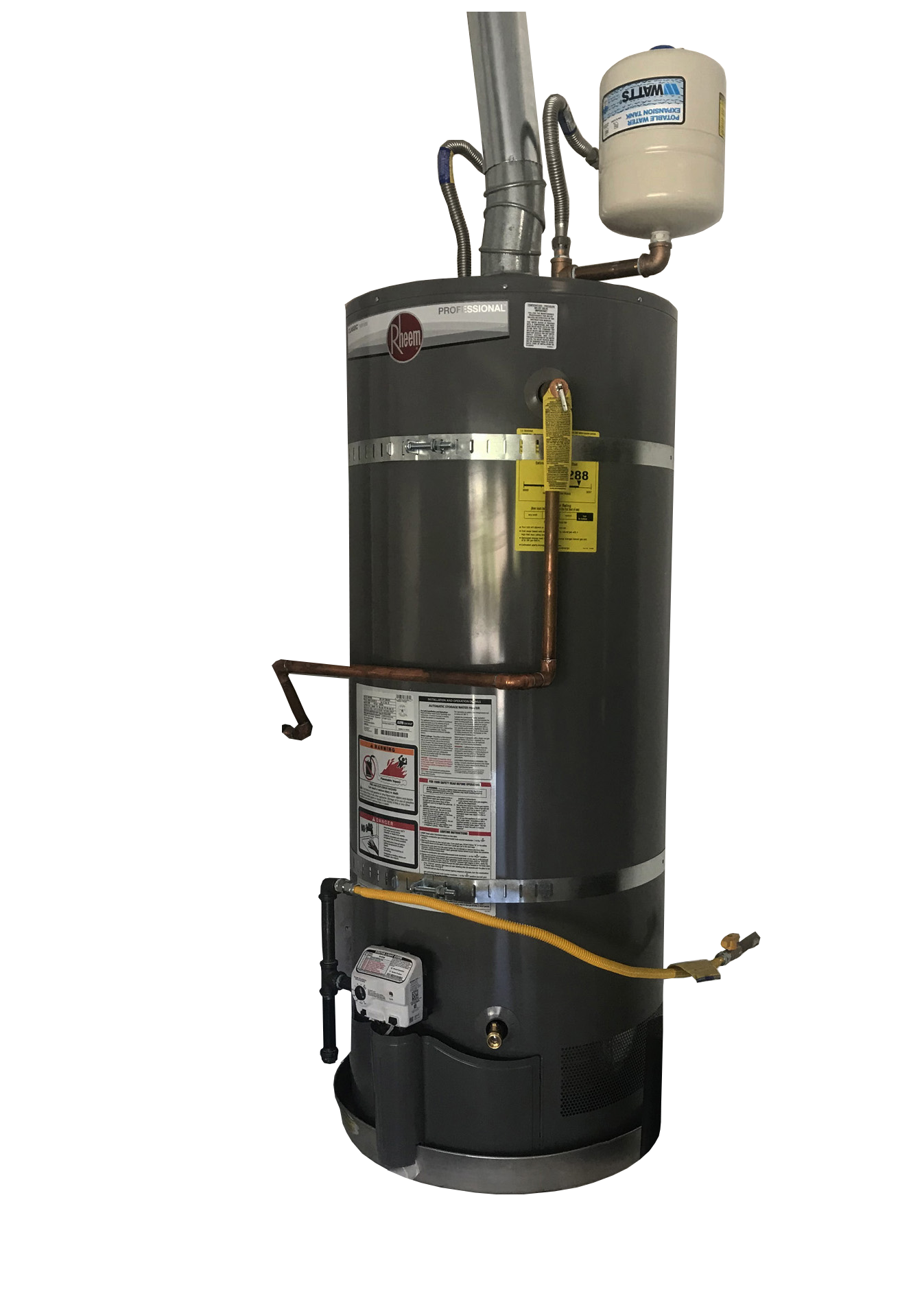



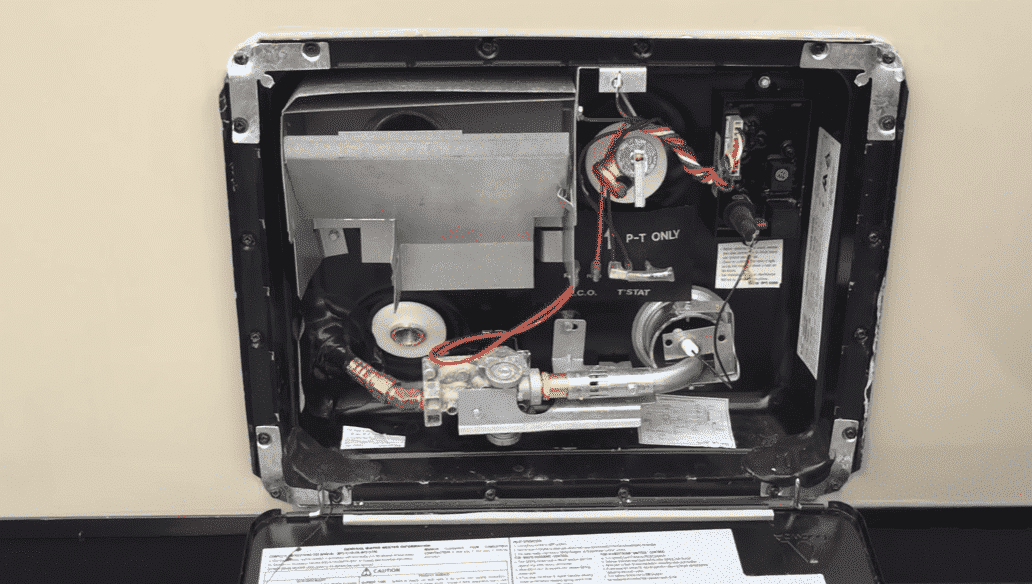
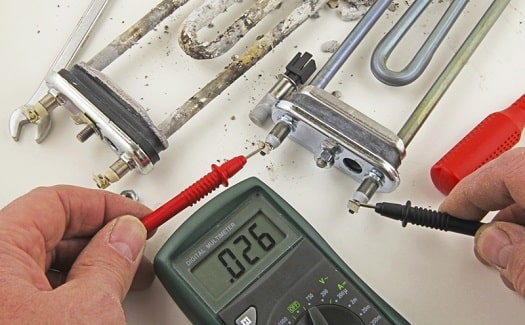

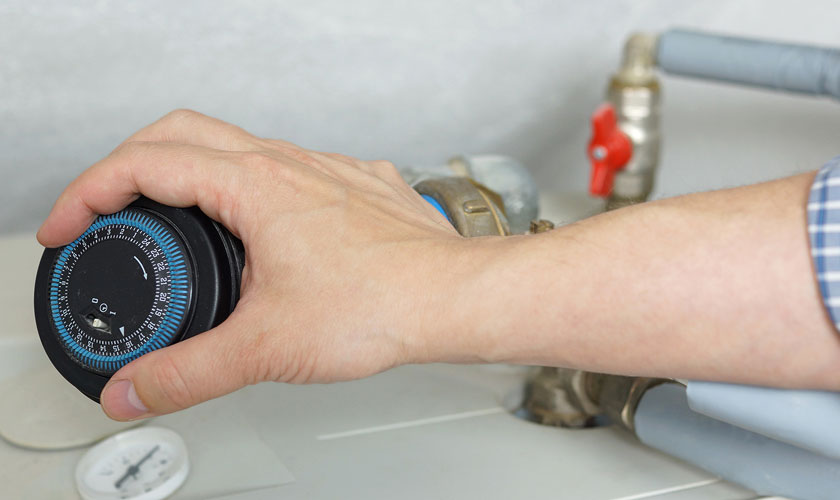
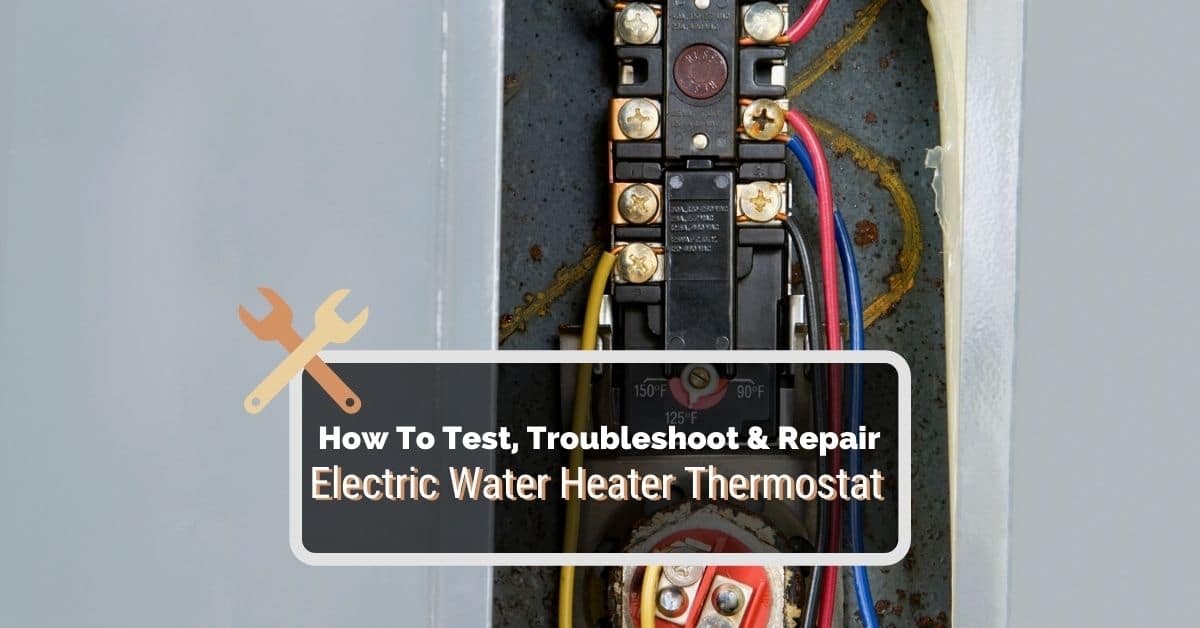

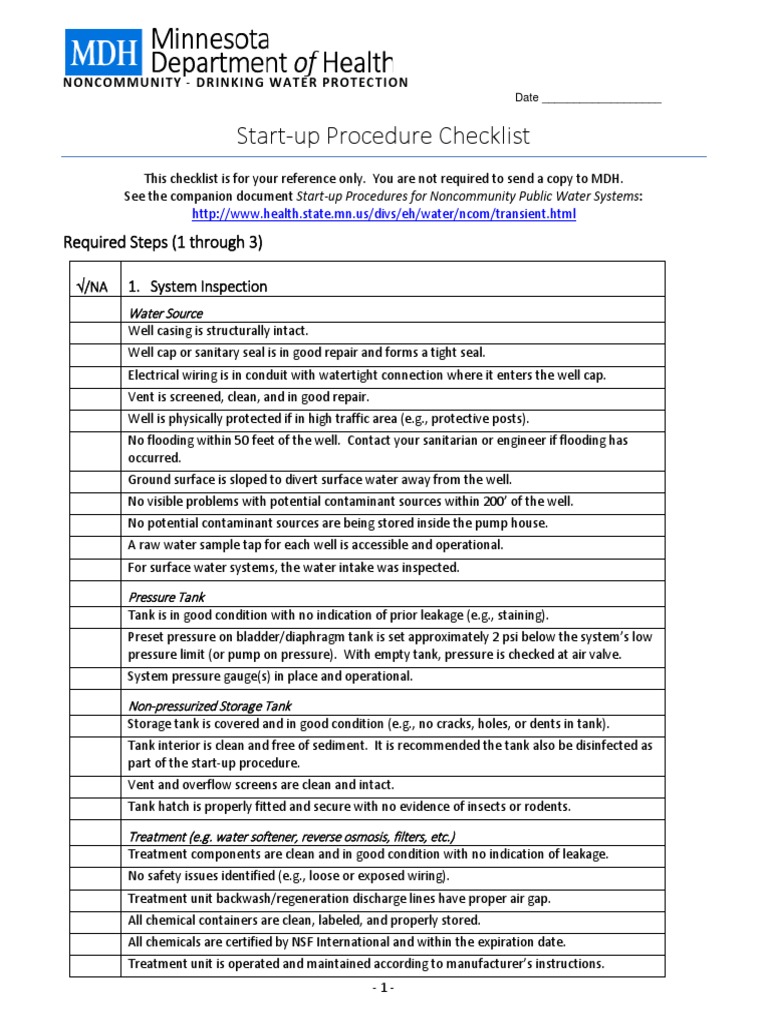

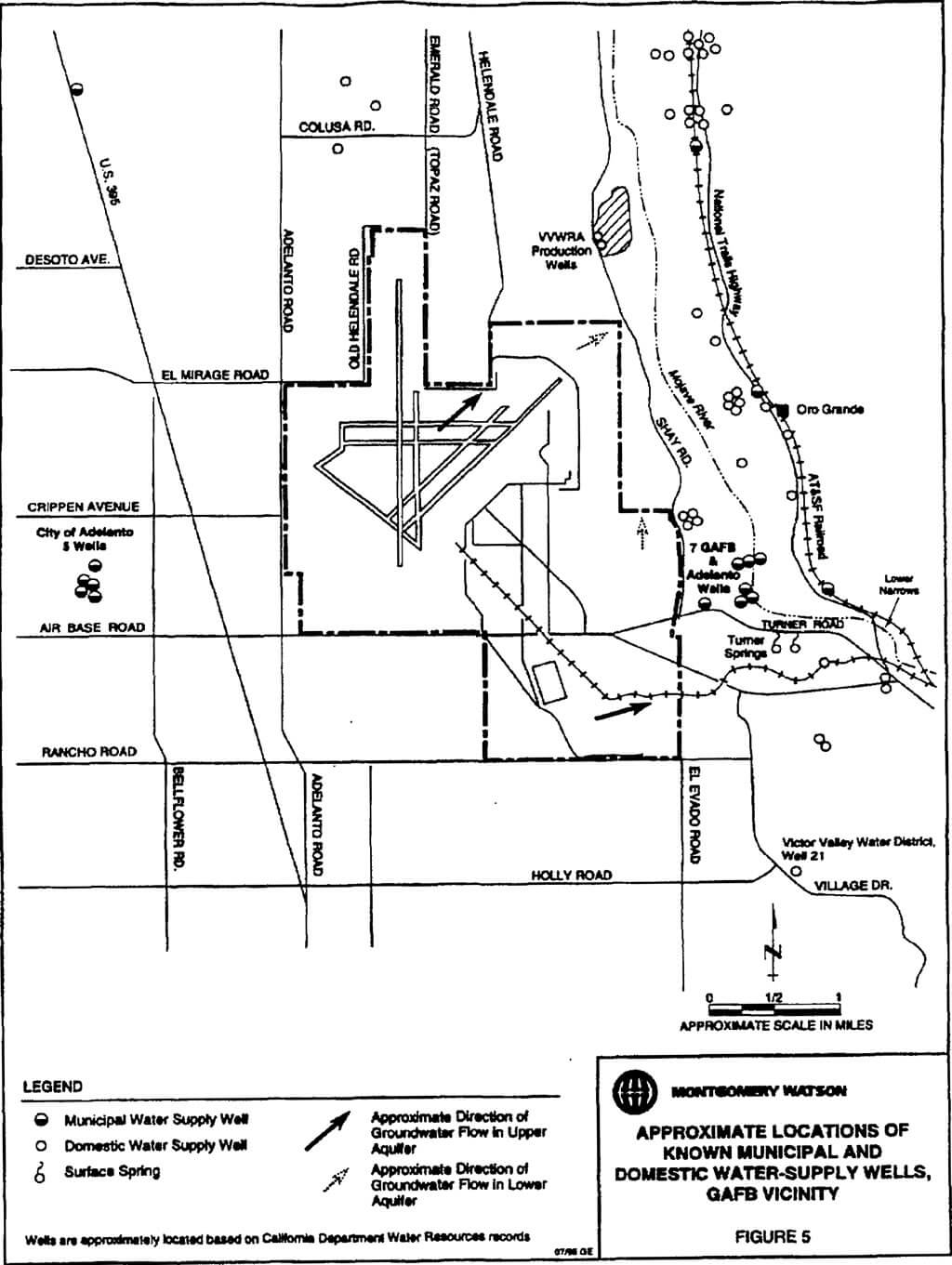
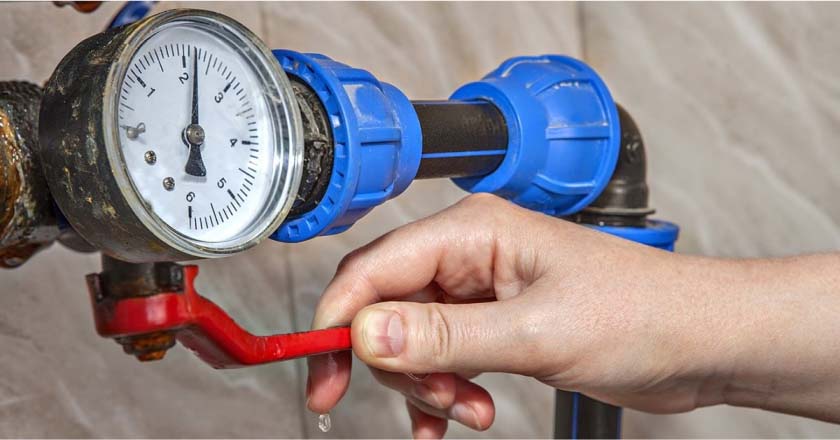
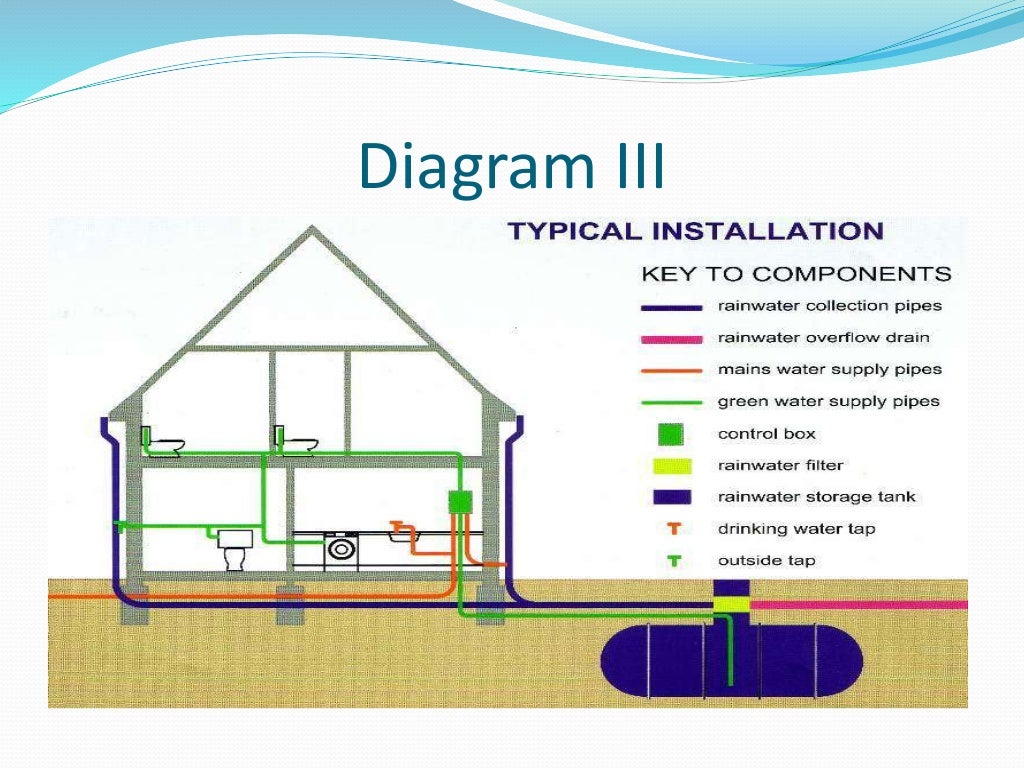


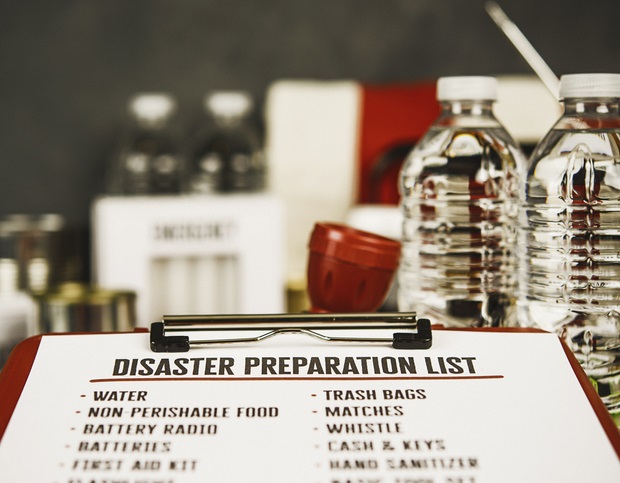


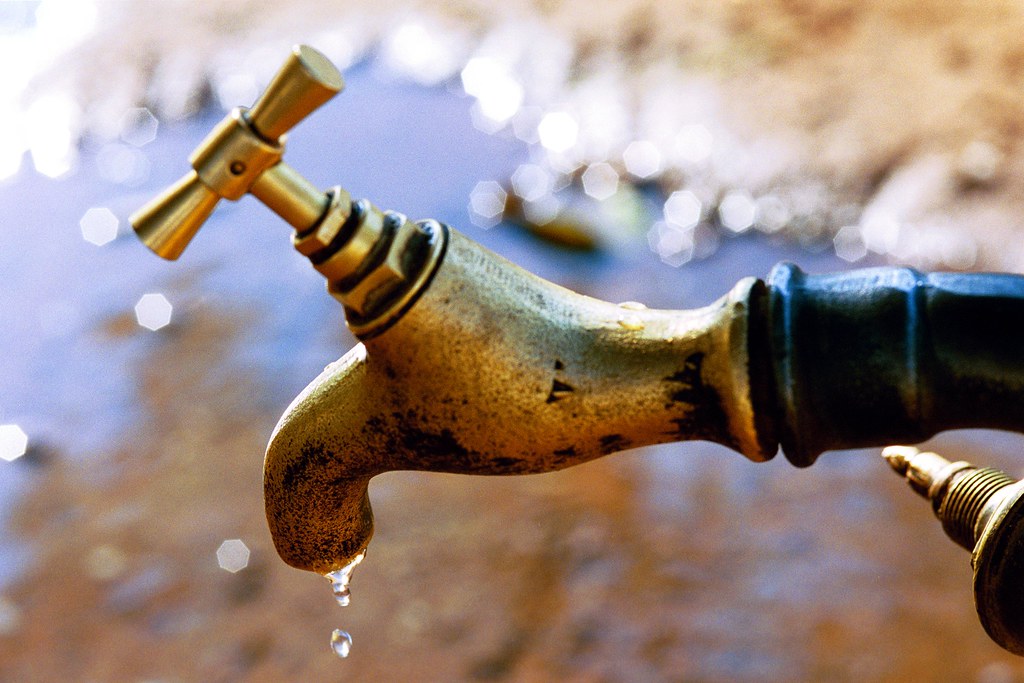
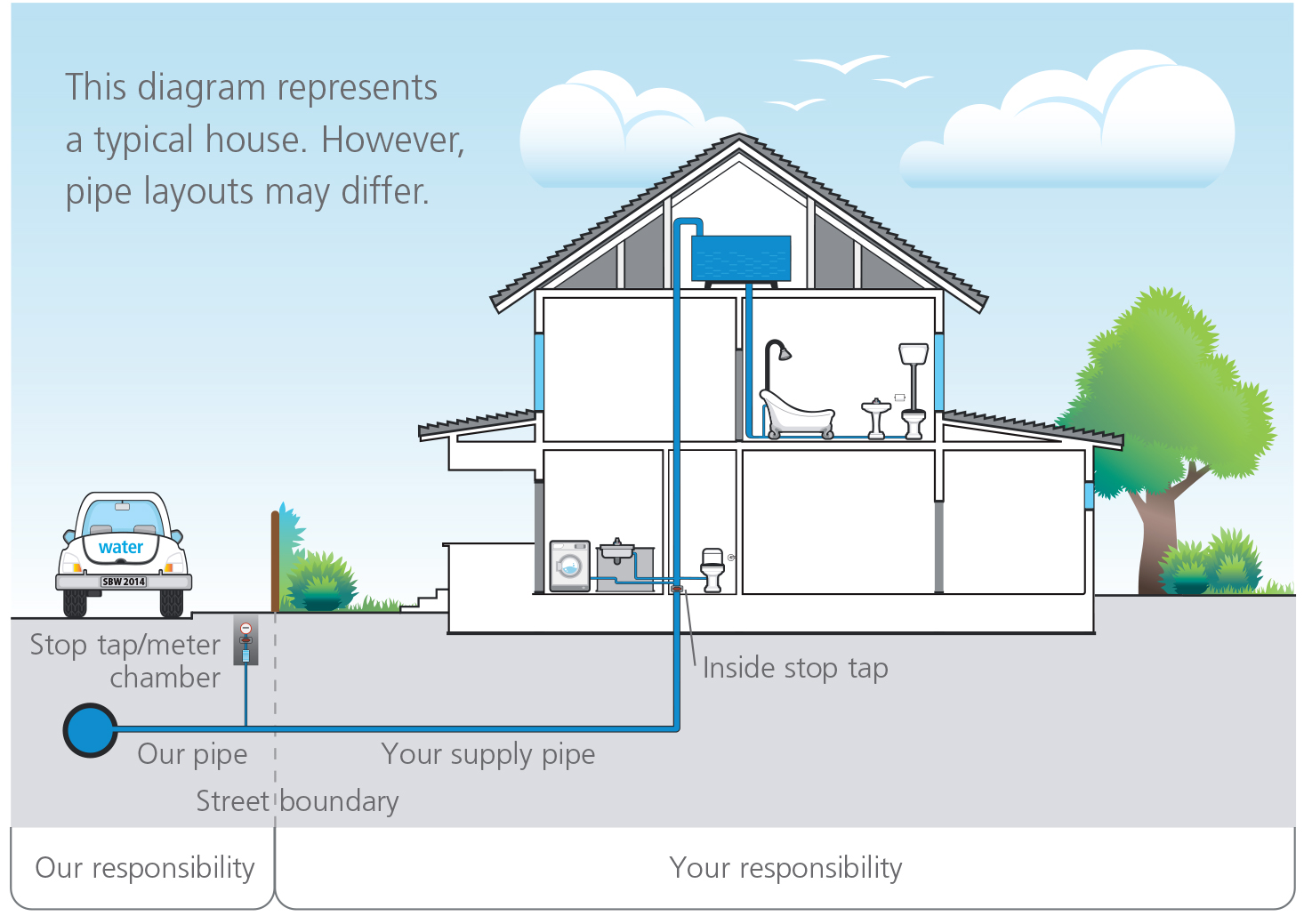




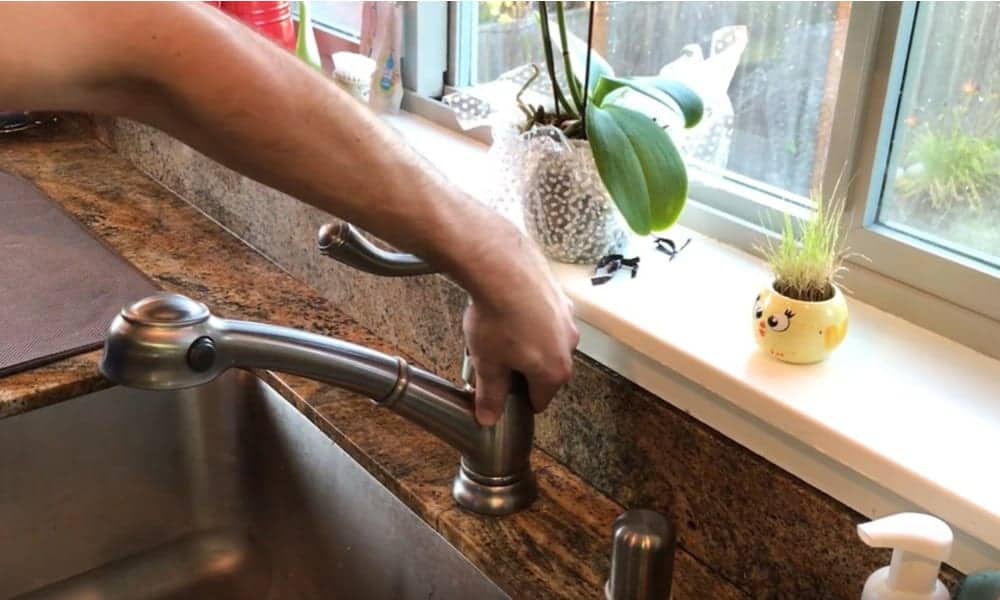



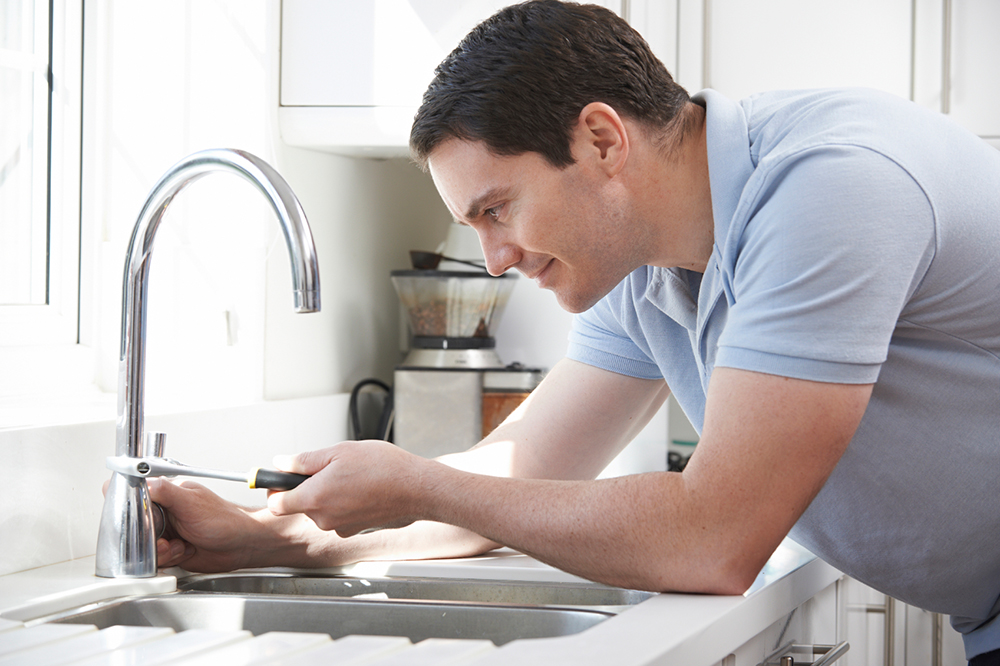
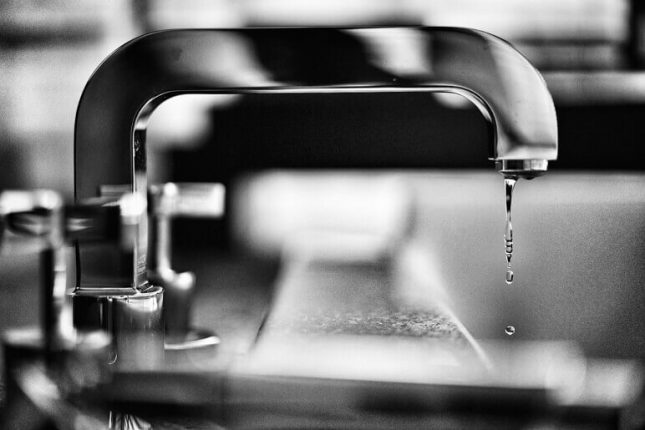
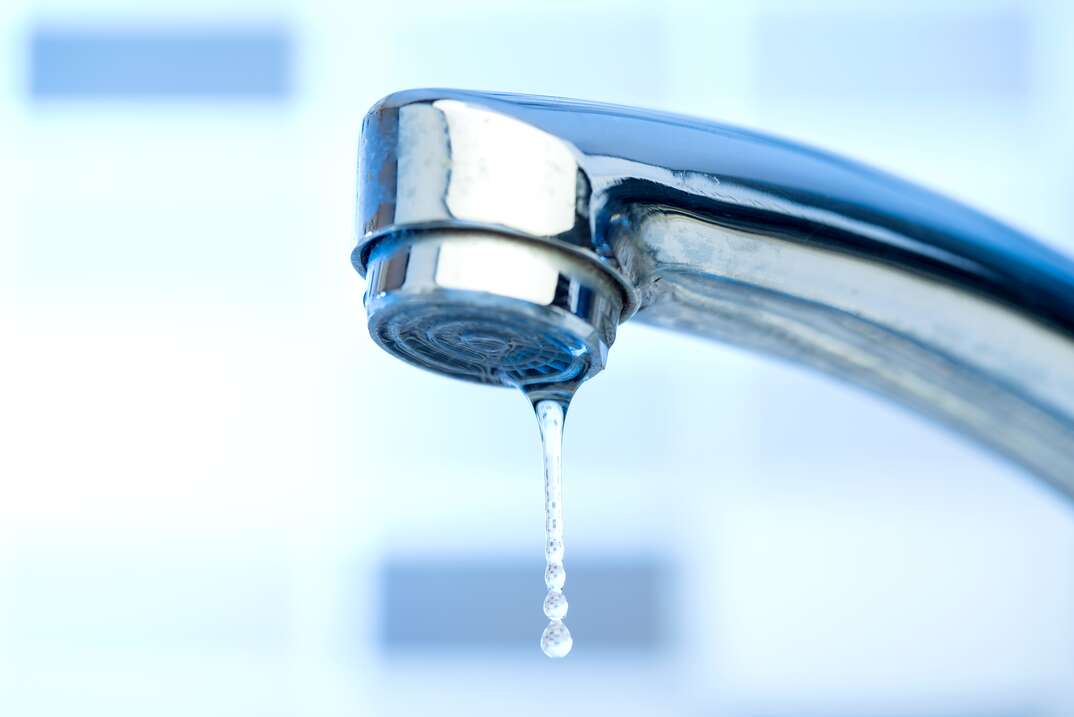
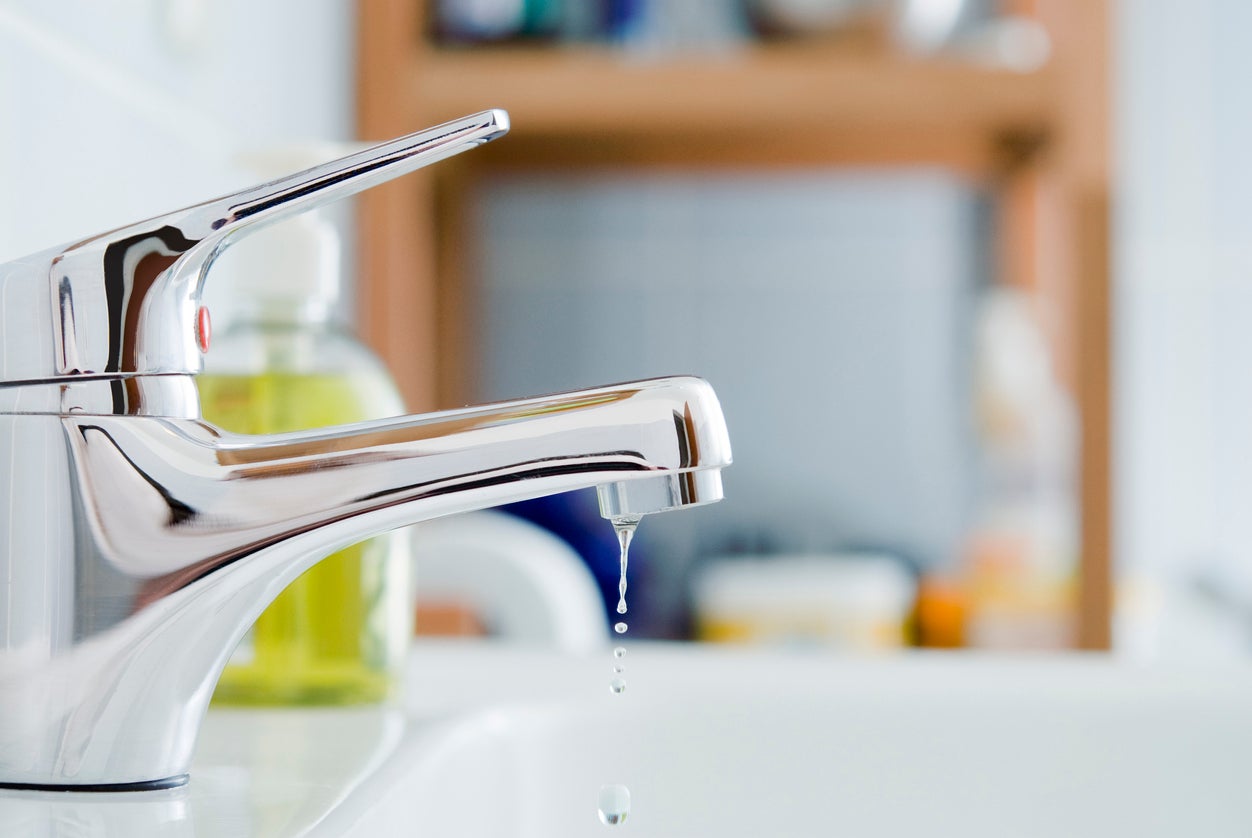






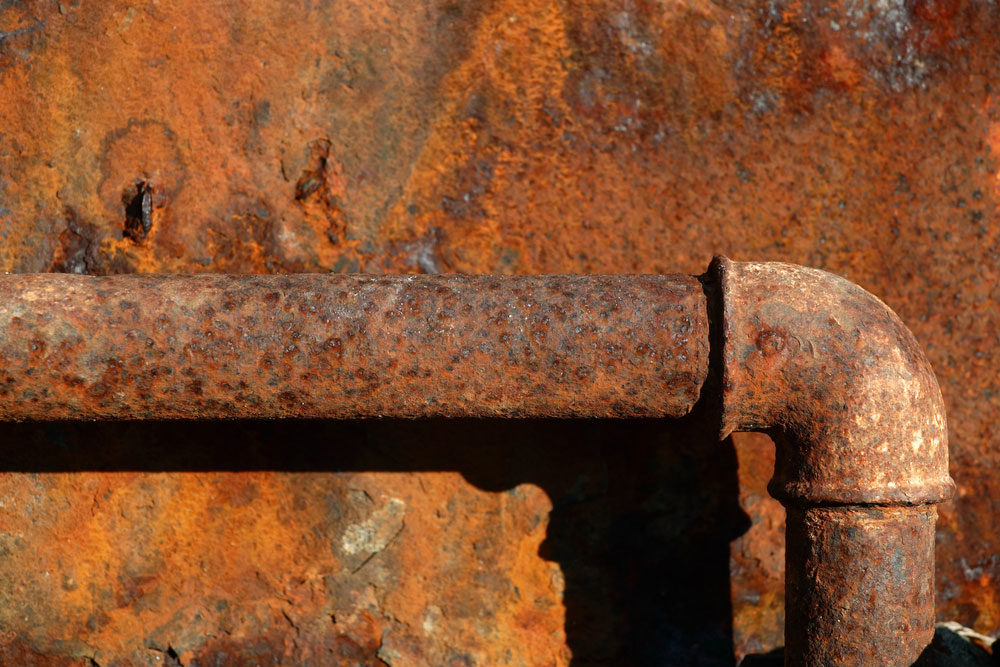



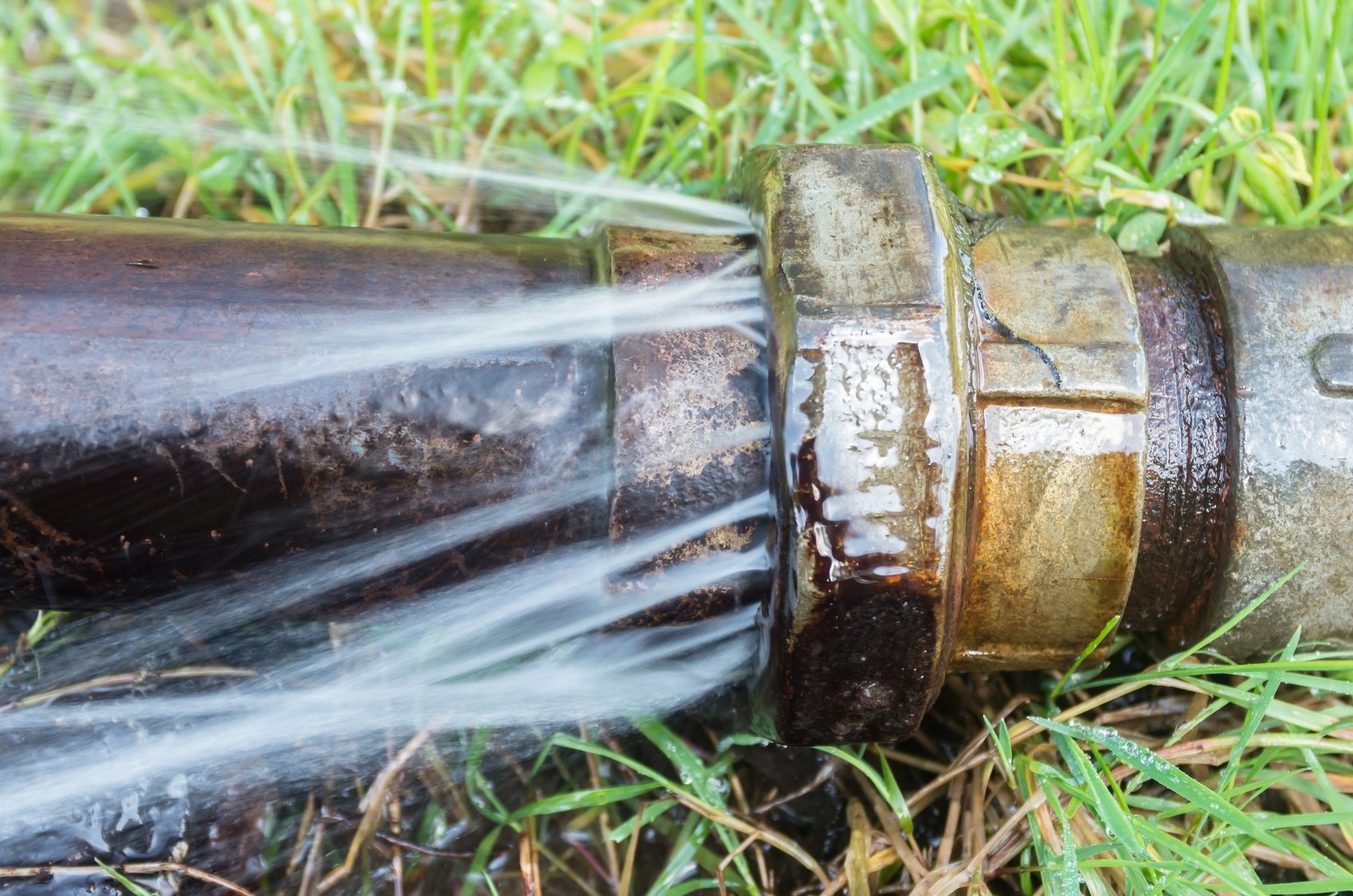



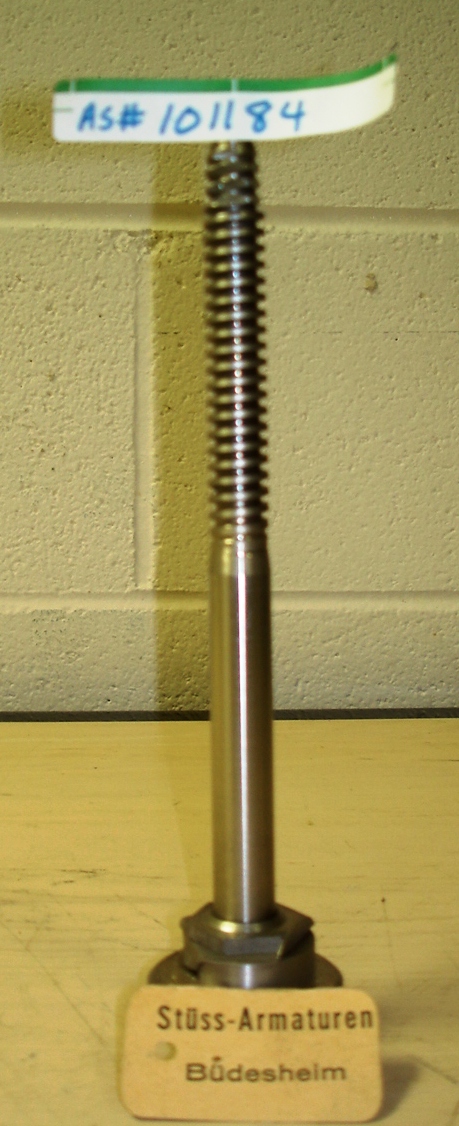
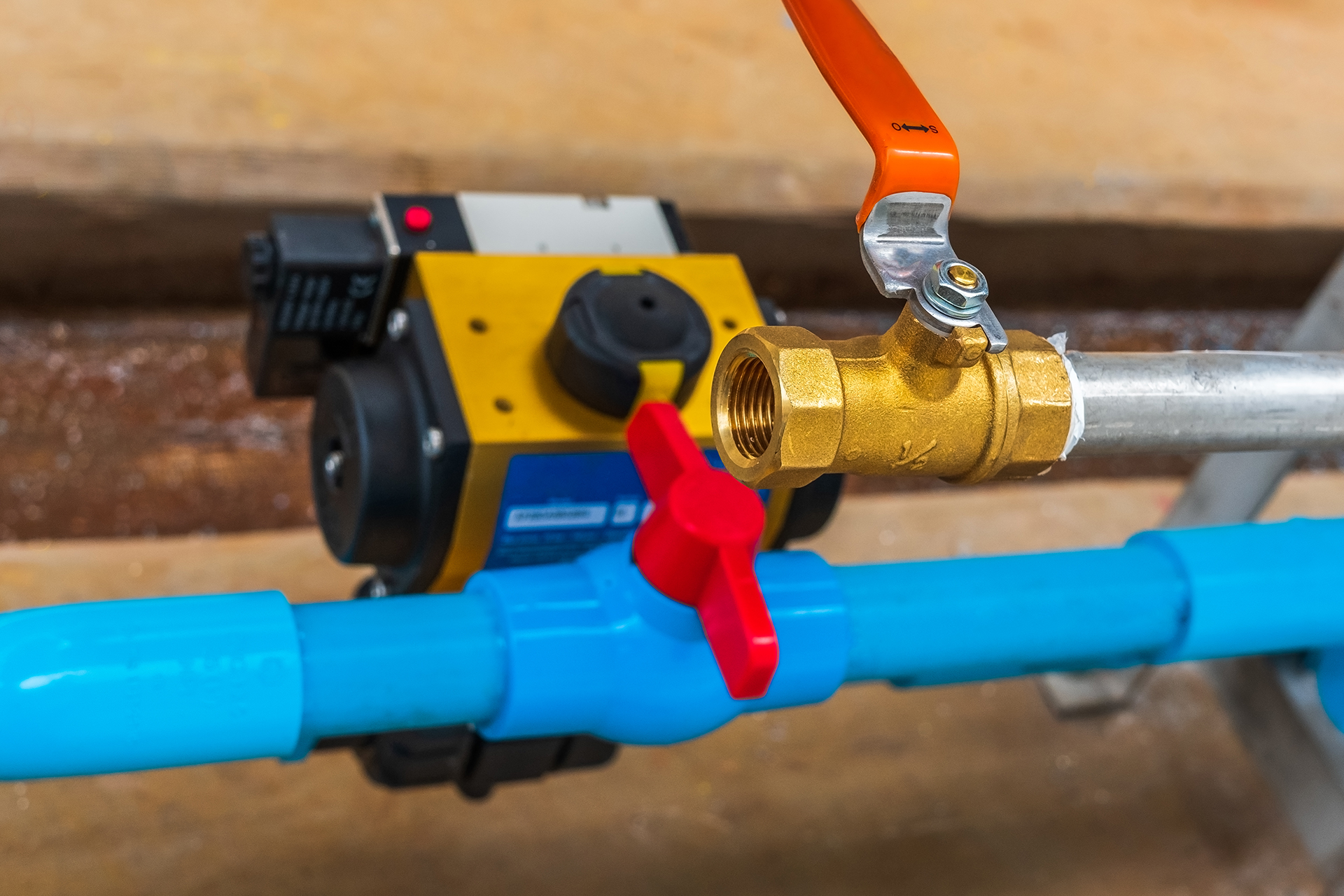
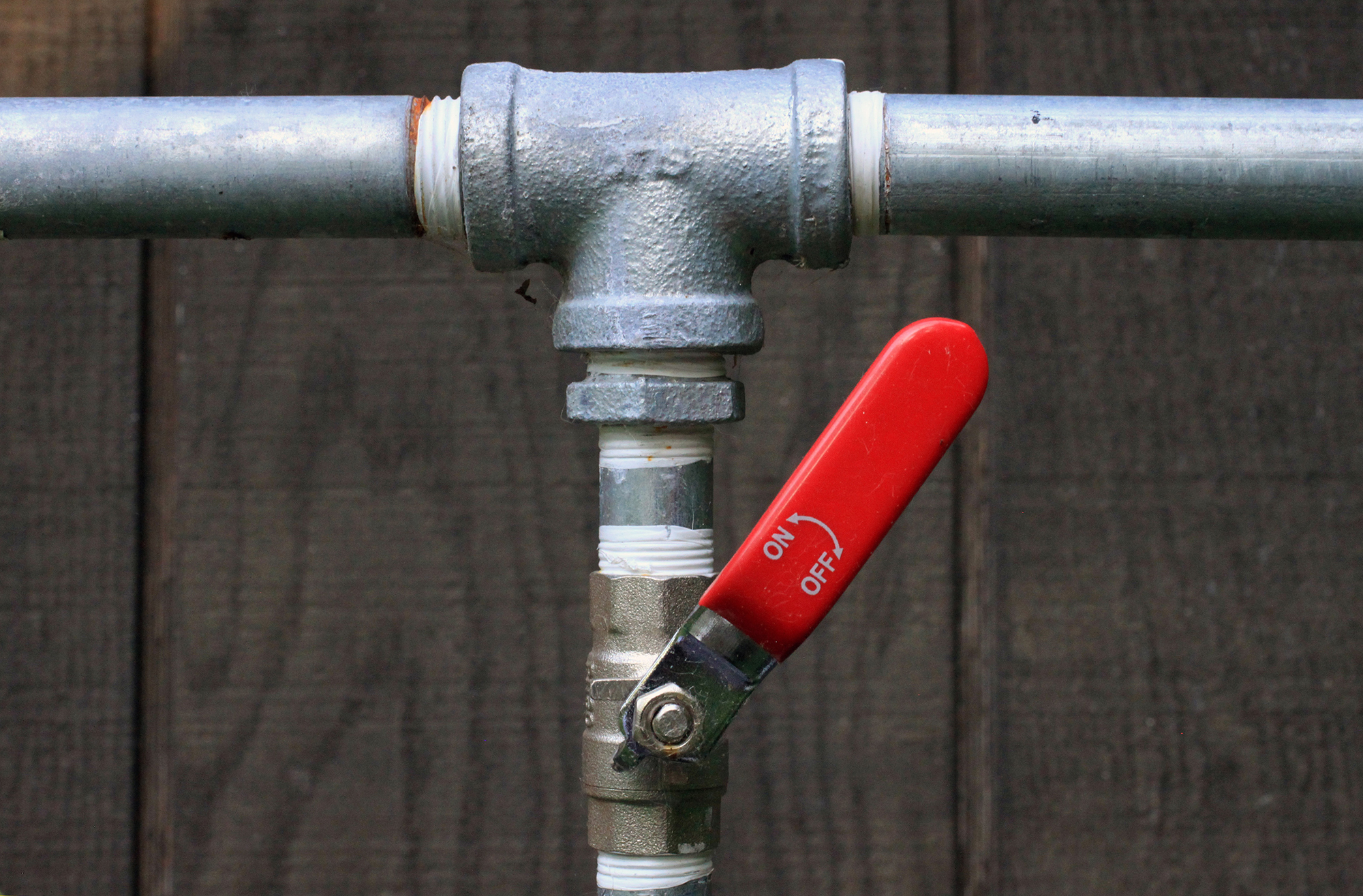


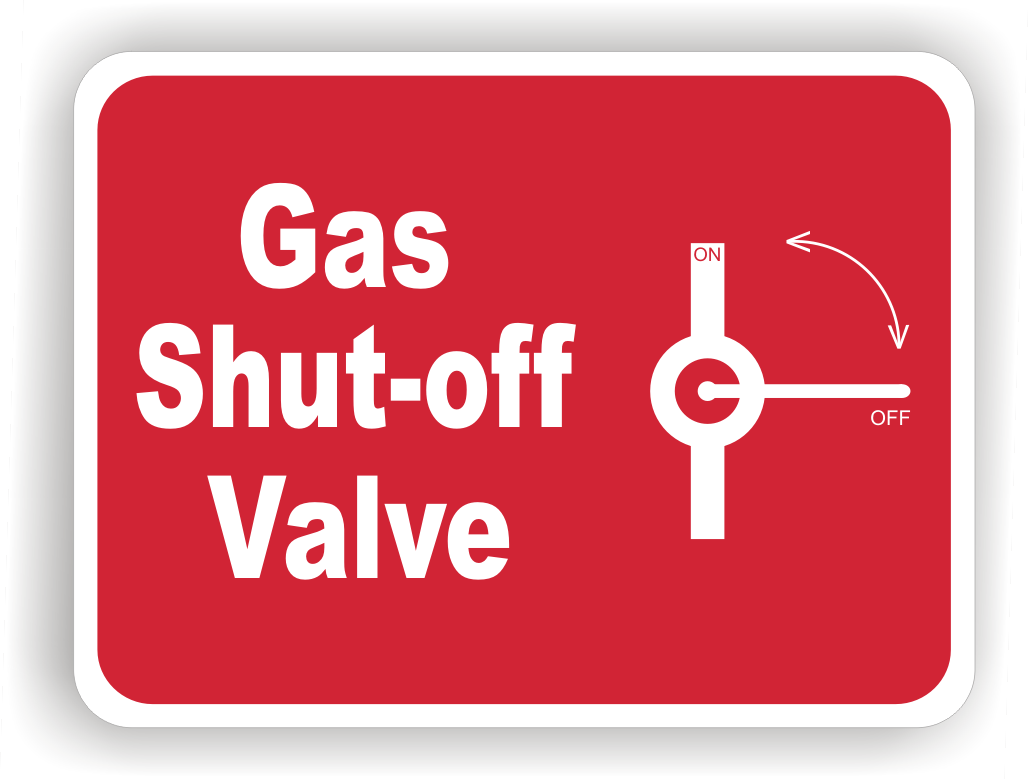

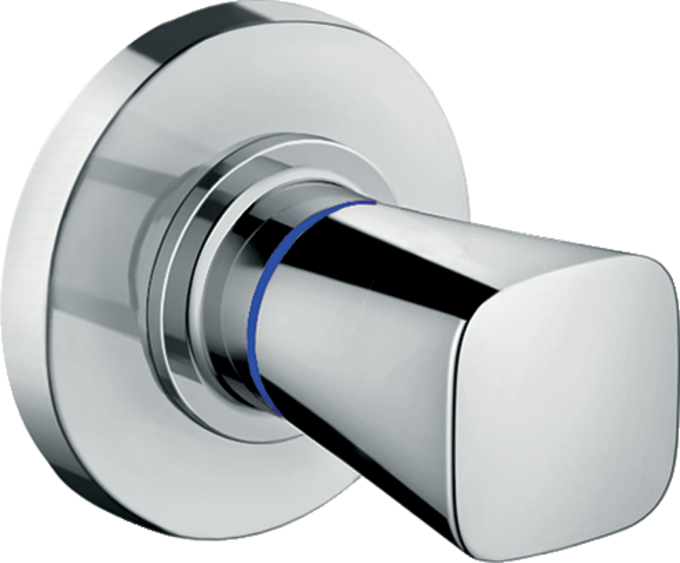
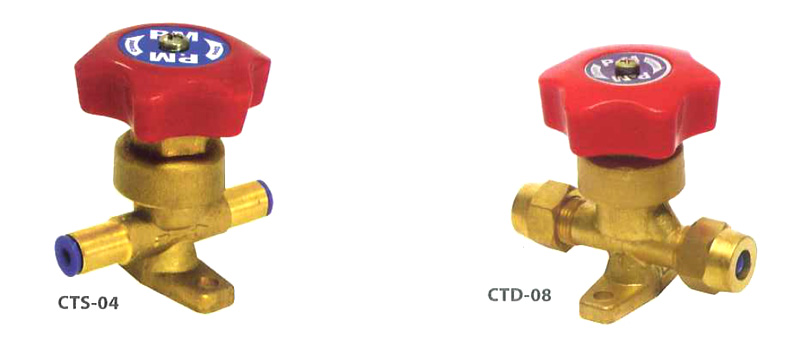


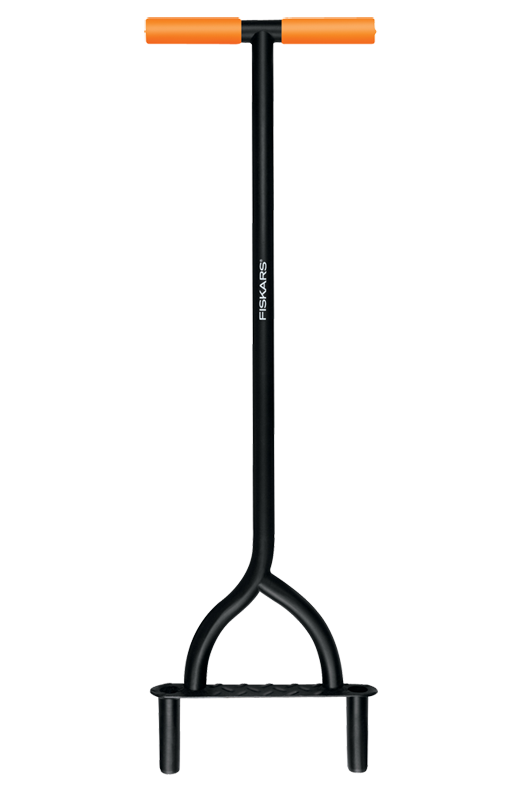
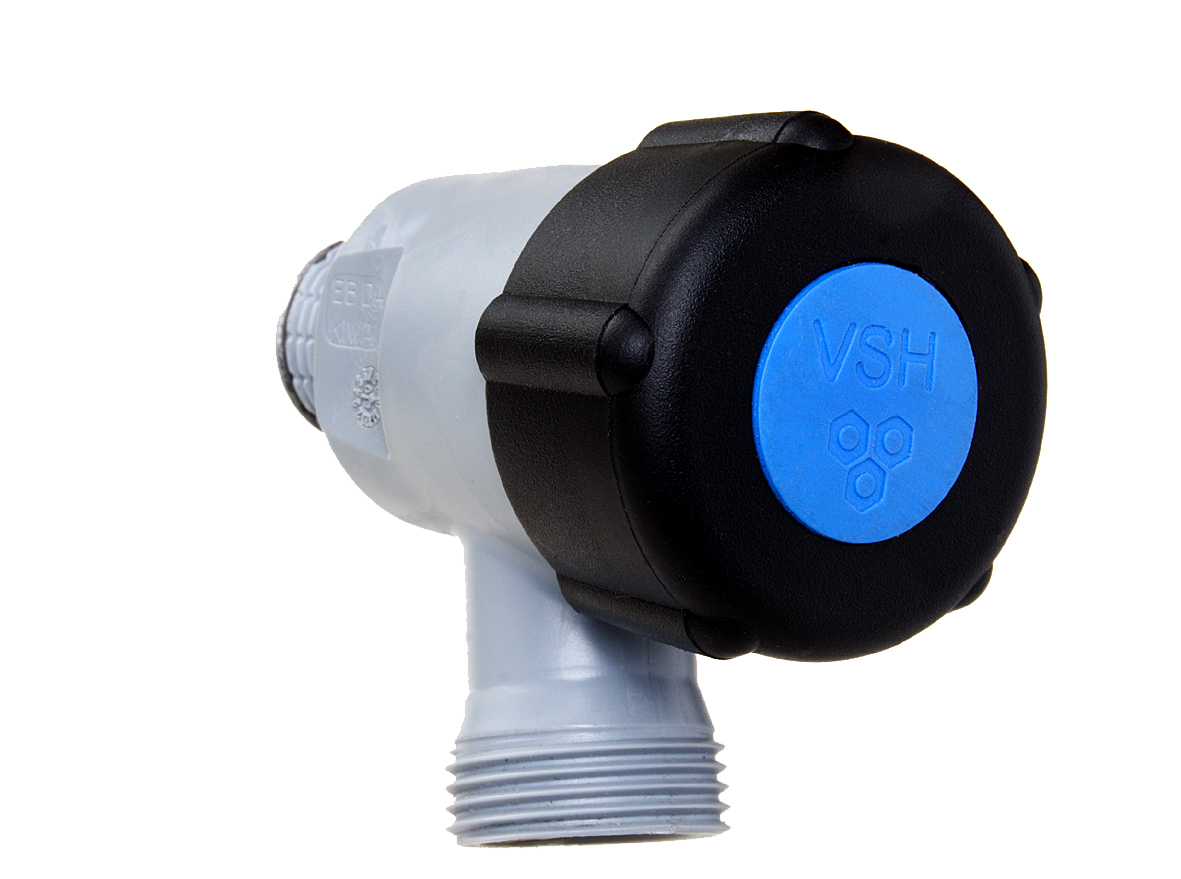






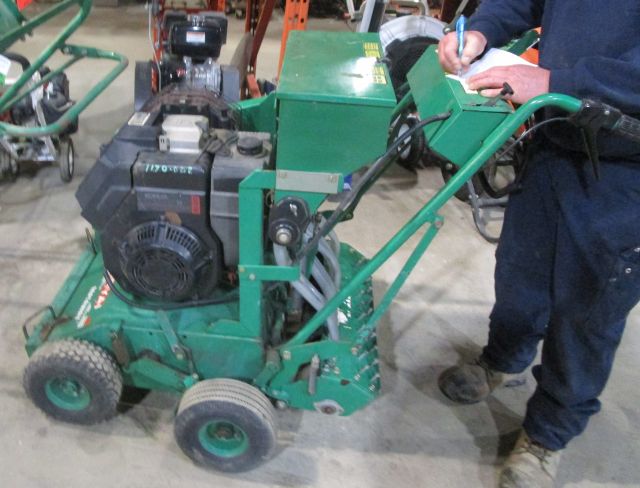


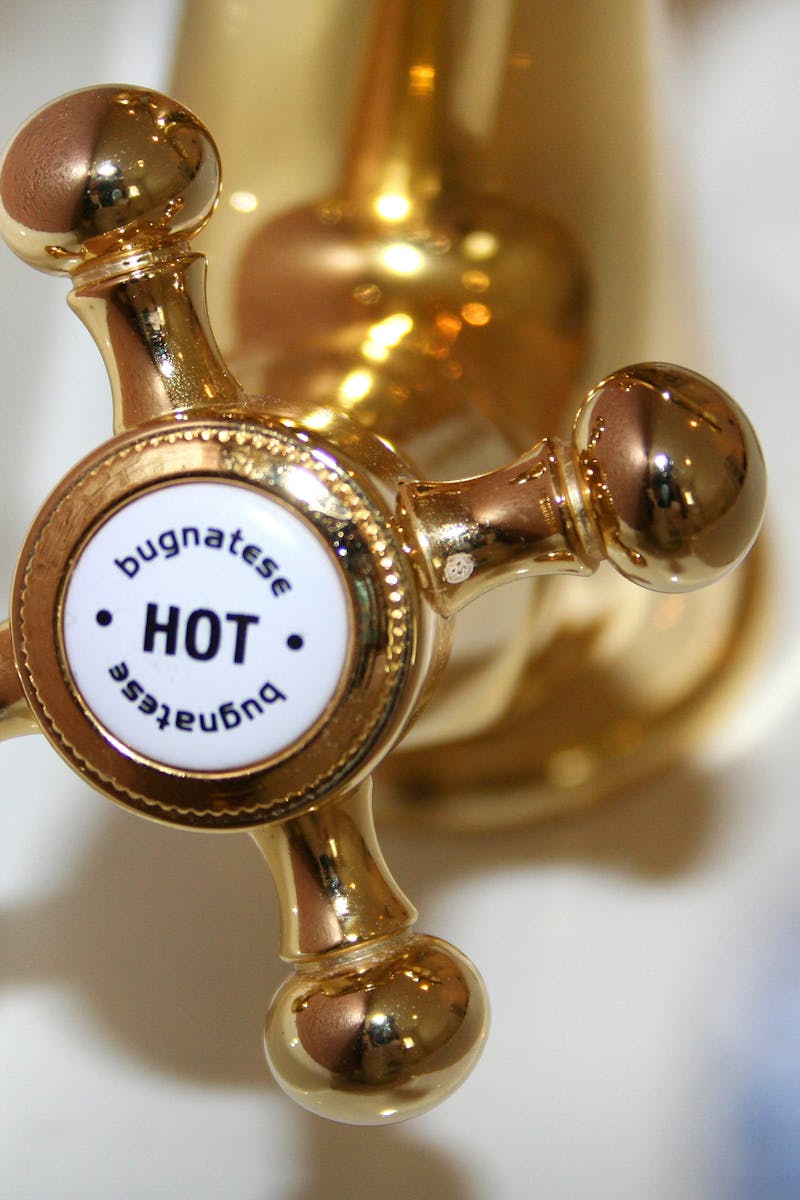












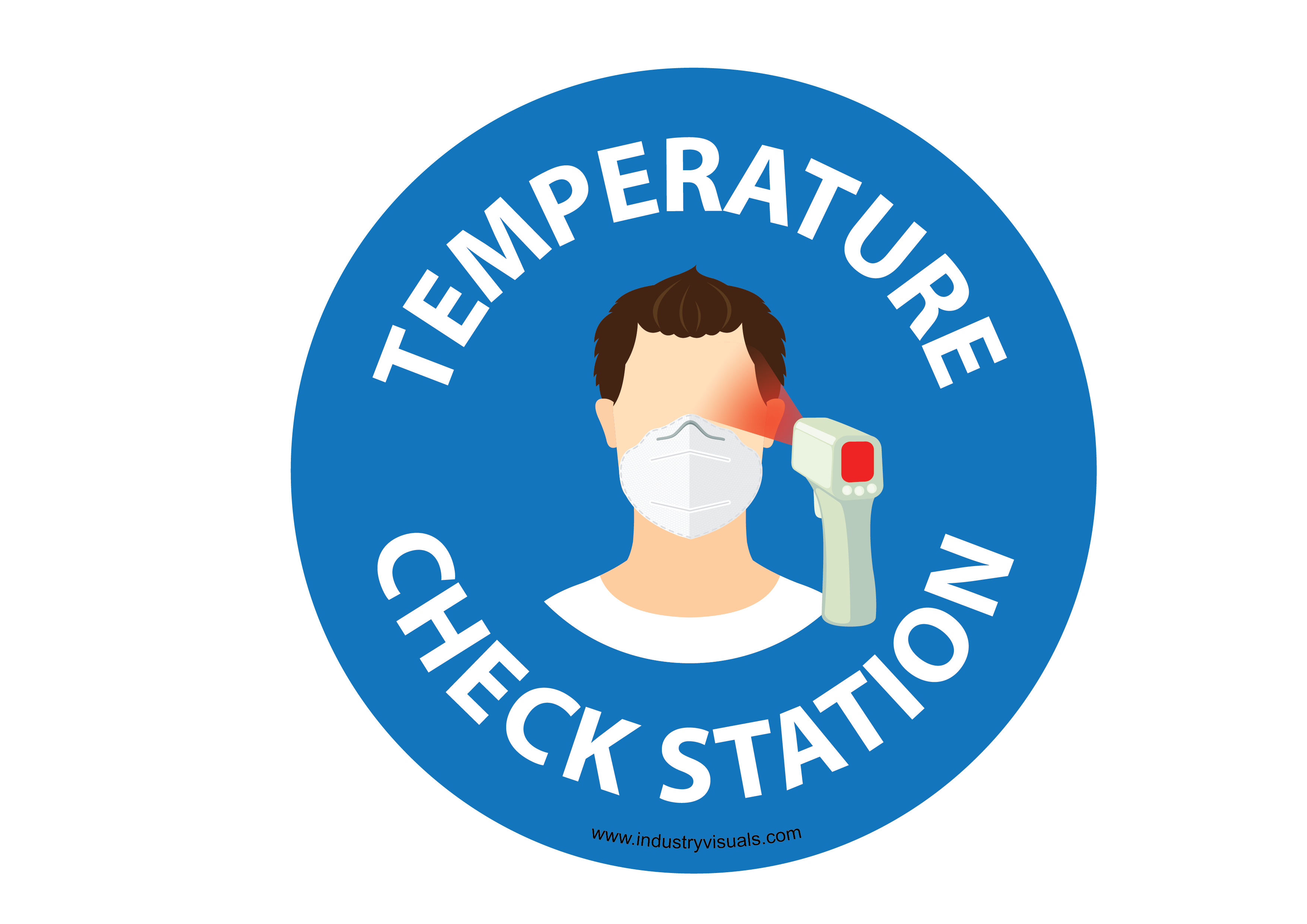
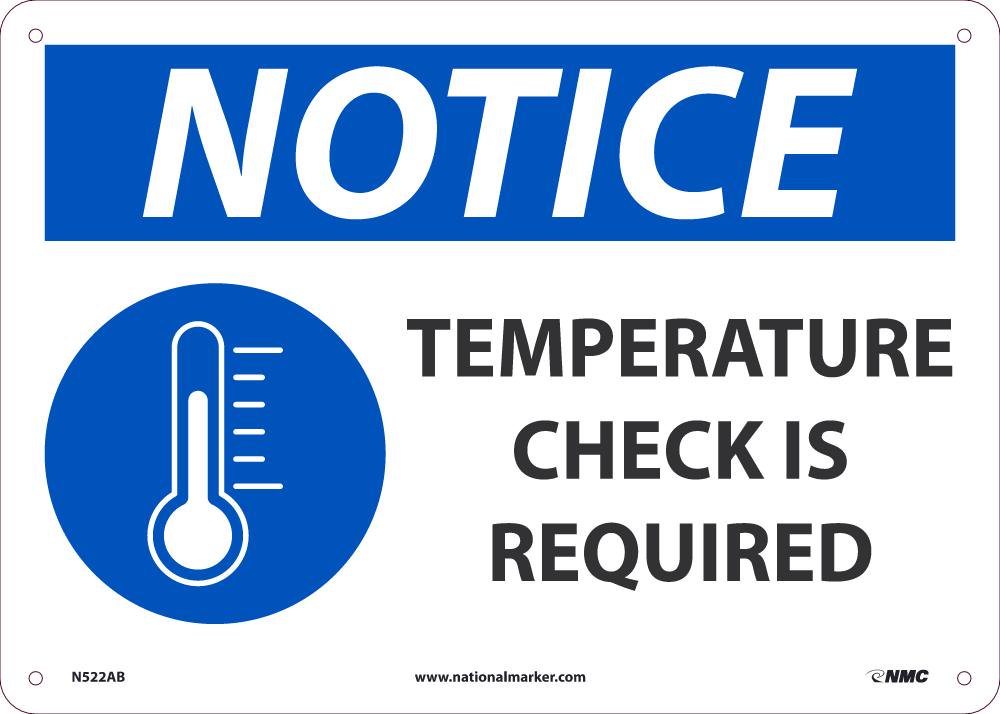


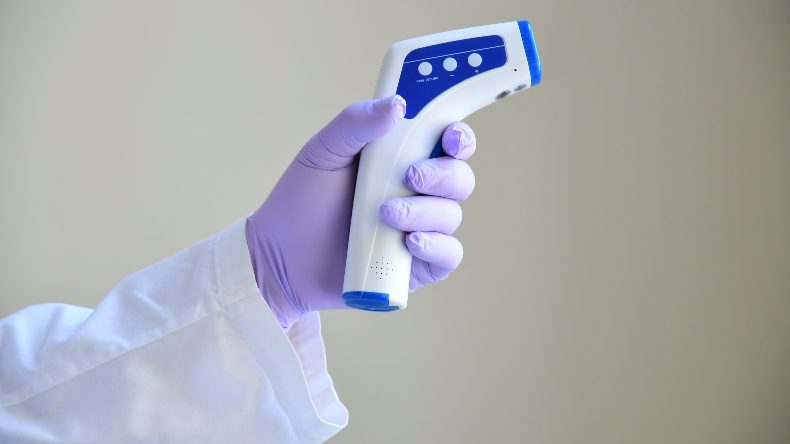
/close-up-of-thermometer-594852787-5abd1c1643a1030036aacdf4.jpg)







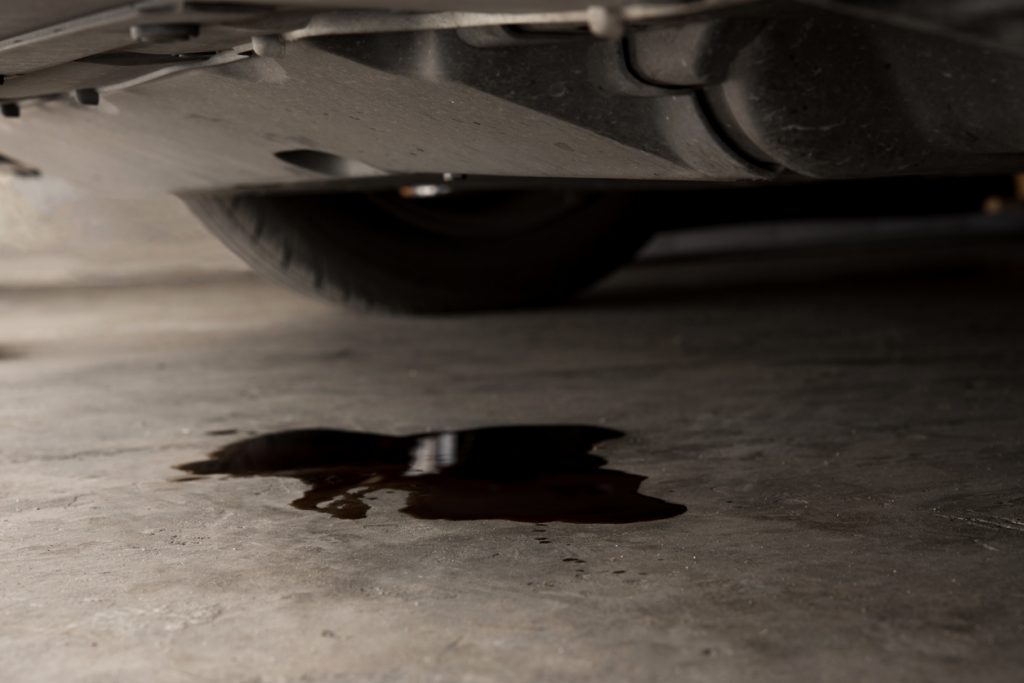
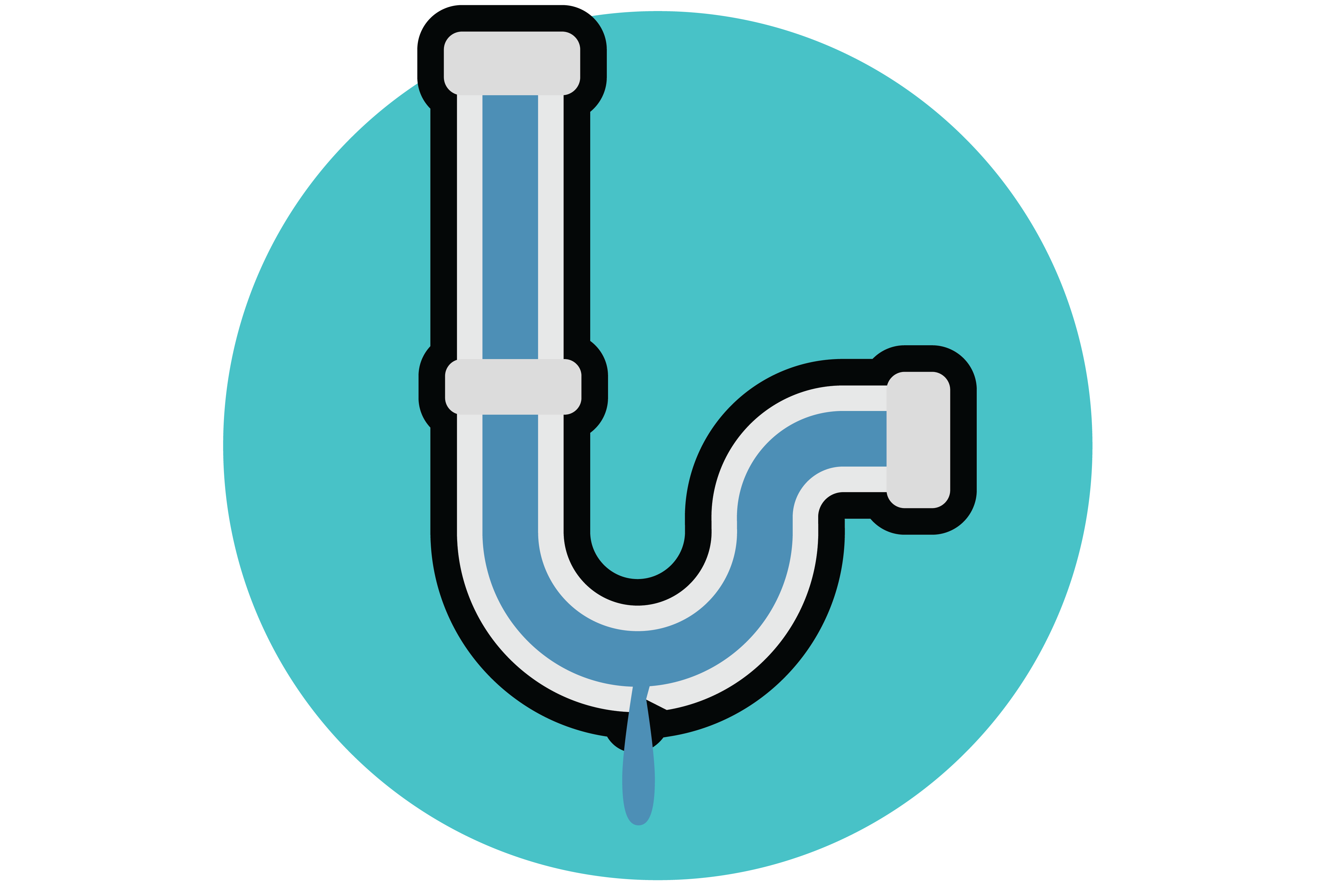










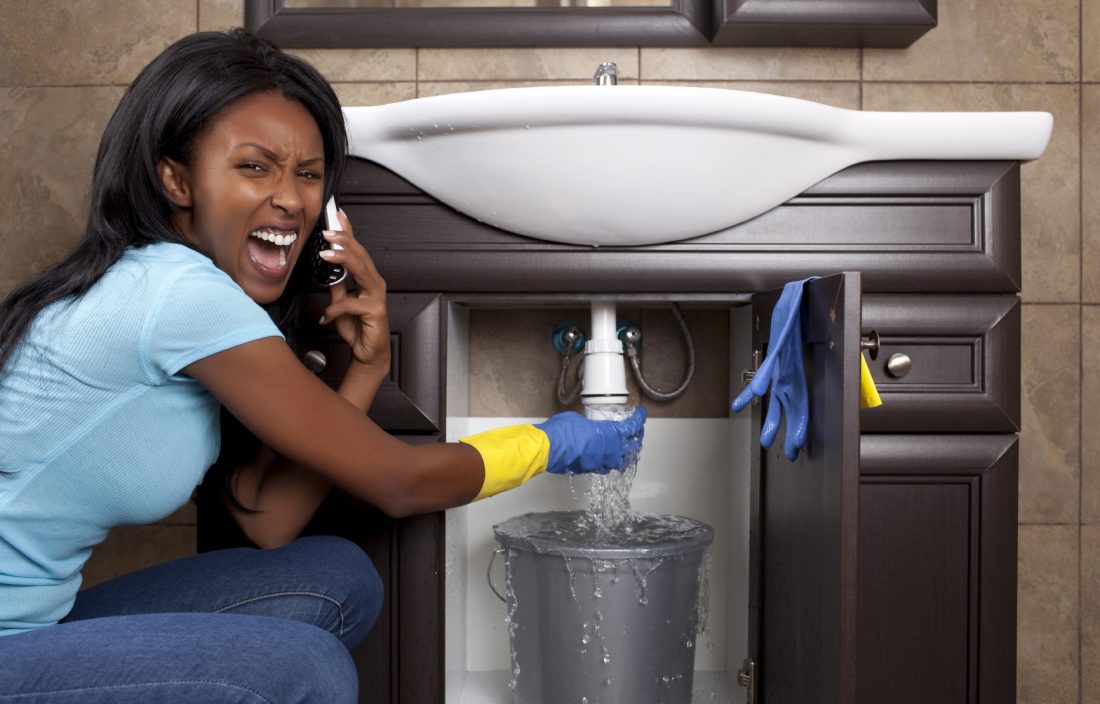



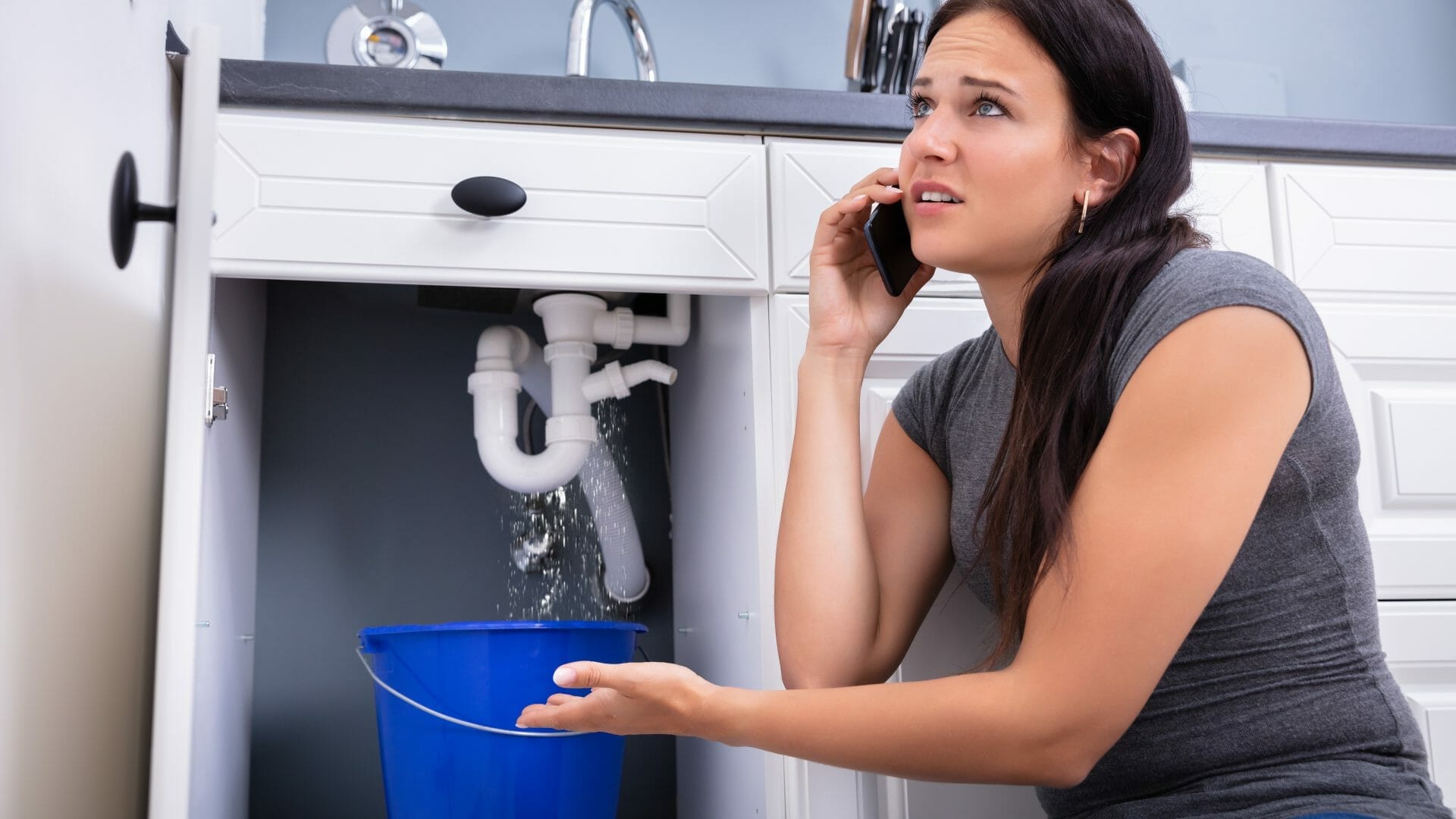

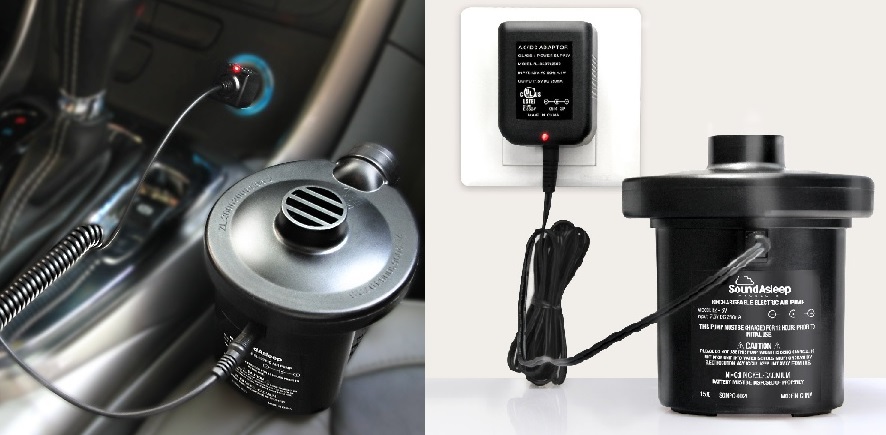



/GettyImages-560121127-6f2a4b00b4754dd6a999c24fed1f0c55.jpg)
